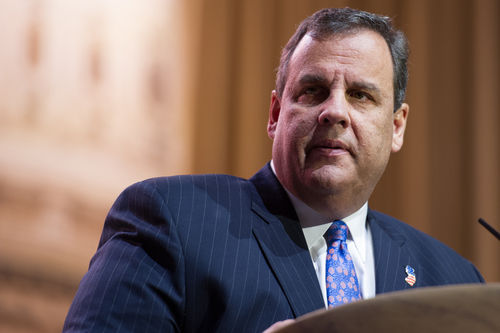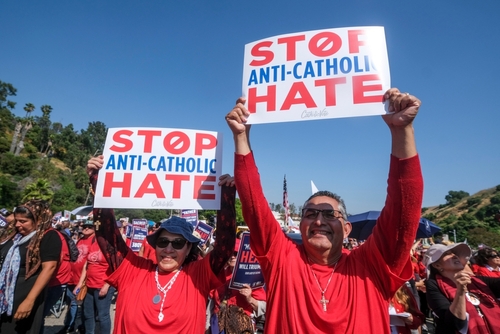
TRUMP Tax LEAKER Silent – Fifth Amendment SHOCK!
In a legal standoff that holds vast political ripples, Charles Littlejohn has plunged the heart of Washington into turmoil, leaving many pondering the limits of constitutional protections amidst sweeping leaks.
At a Glance
- Charles Littlejohn leaked President Trump’s tax records and more, leading to significant legal challenges.
- He is serving a five-year sentence but refuses to testify before the House Judiciary Committee, citing the Fifth Amendment.
- Over 405,000 tax returns were affected, with the vast majority linked to business entities.
- Lawmakers want answers on the leniency of Littlejohn’s plea deal with the DOJ under the Biden administration.
A Web of Legal and Political Questions
Charles Littlejohn, once an IRS contractor, is embroiled in legal and political controversy after leaking tax information on ex-President Trump and countless others. Facing a five-year prison sentence, Littlejohn remains tight-lipped, invoking the Fifth Amendment before a House Judiciary Committee eager for testimony. The irked committee, chaired by Rep. Jim Jordan, demands Littlejohn’s cooperation to understand the deal he reached with Biden’s DOJ. This plea deal, despite the extent of the breach, resulted in Littlejohn admitting guilt to only a single unauthorized disclosure count.
The silence of Littlejohn has triggered accusations from both sides, fueling debates on privacy laws and their enforcement—or lack thereof.
Wrestling with the Fifth Amendment
The invocation of the Fifth Amendment by Littlejohn has added layers of complexity to the case, as the legal system grapples with the balance between rights and accountability. His legal counsel argues, “The testimony that you seek from Mr. Littlejohn directly implicates his Fifth Amendment privilege against self-incrimination. Mr. Littlejohn validly exercises that Constitutional right in declining to testify.”
News of Littlejohn’s leaks surfaced following his admission of accessing and leaking tax information to major outliers like The New York Times, further complicating the matters of justice and transparency.
Looking Beyond the Leaks
Republicans, particularly within the House Ways and Means Committee, are pushing for Littlejohn to face maximum penalties. The IRS disclosed that over 405,000 taxpayers were affected, underscoring the breach’s enormity. Rep. Jim Jordan remarked on the issue, noting, “After President Trump took office, the IRS disclosed to the Committee that over 405,000 taxpayers were victims of Mr. Littlejohn’s leaks and that ‘89 percent of these taxpayers are business entities.'”
Despite the seismic implications, Littlejohn’s plea bargain leaves many questioning the enforcement of privacy laws and the integrity of governmental negotiations.




